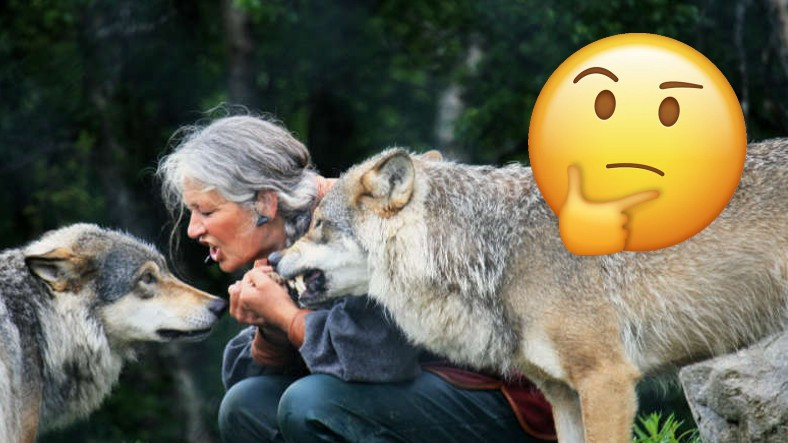Some ants circle around their nest, the bees follow the queen bee and give signals to each other while dancing. Elephants mourn and hold funeral rites. Some dogs are aggressive while crows are very intelligent. The Abilities of Animals Have you ever thought about how they communicate with each other and with each other?
Today we leave science among the people and go to another science, leave the laboratory and visit natural life. which has become a branch of zoology under the biology department. what is ethology?what it is about is the subject of our article today.
What is ethology, what does it mean?
What is ethology?
What do ethologists do, what is ethology concerned with?
history of ethology
Why is ethology important?
What is ethology?
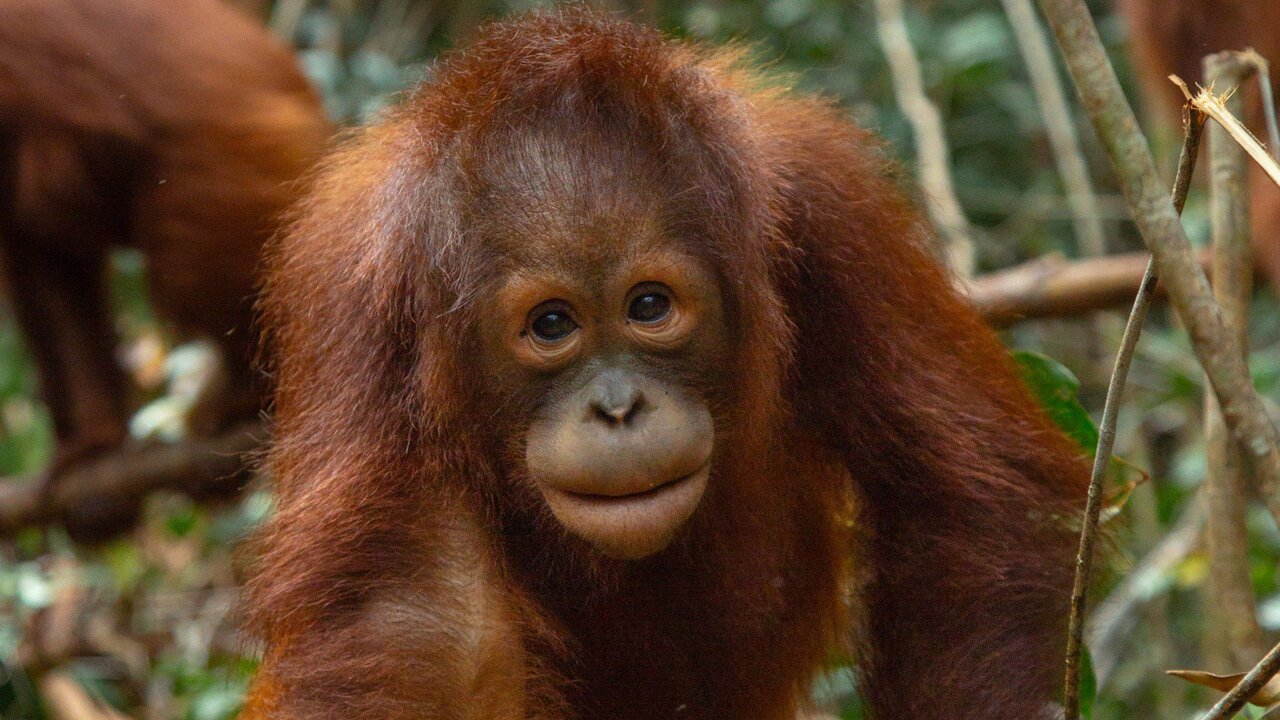
Ethology is the scientific study of animal behavior, usually in its natural conditions, including animal communication, predation, defense, aggression, mating, fixed patterns of action, and migration. An important aspect of ethologyis work against instinctive learning.
Ethology is generally considered to be part of biology, where ethologists (the title given to people interested in ethology) focus on the evolution of behavior. Ethology is usually performed in the field, but can also be performed in the laboratory or by a combination of both. †ethogram’ It is through ethology that we have explanations for behavior often used in research or animal behavior studies.
So what do ethologists do, what is ethology concerned with?
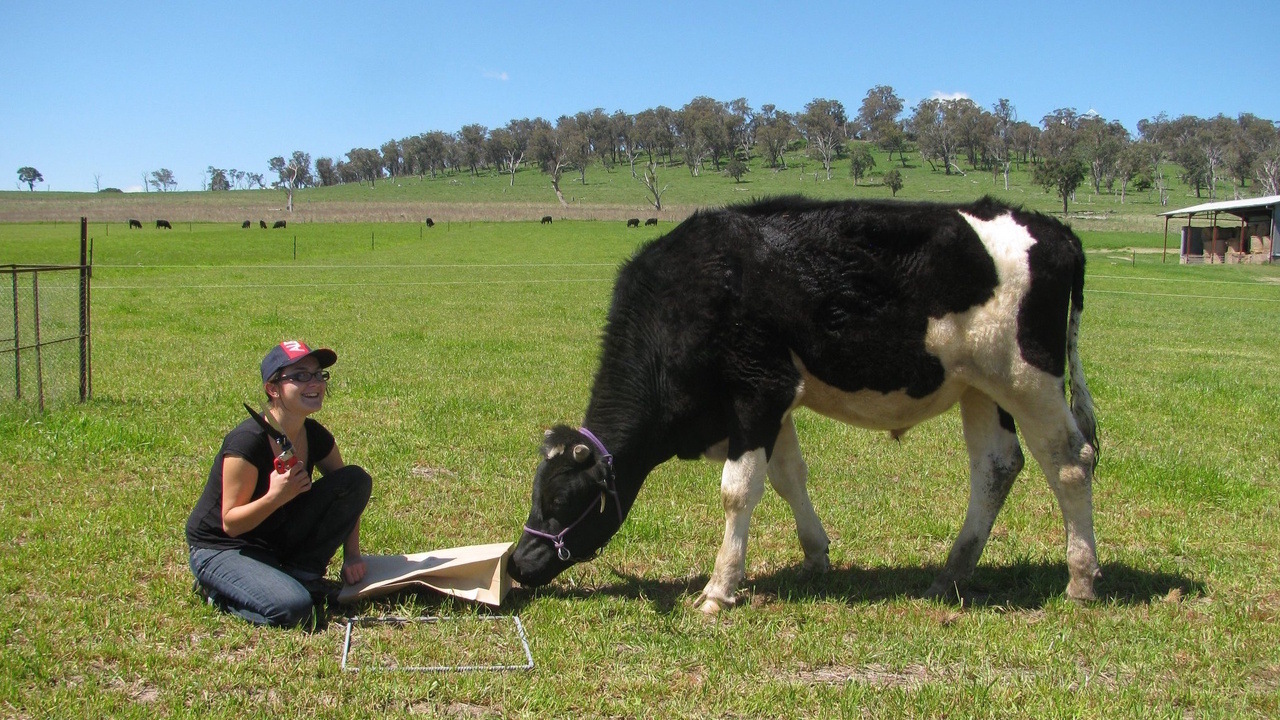
- pet training
- Animal welfare and protection
- Human safety in the face of animals
- Studying animals in home, wildlife or laboratory settings
- Collecting and analyzing data on observations and findings
- Publish and present the results of their research at conferences
- Educating the public about animals and animals and promoting animal welfare and animal protection
Because ethology is such a broad field, ethologists can specialize in a wide range of areas, including university research, farm animals, animal education, and animal care. The purpose of ethology Its purpose is to study the behavior of a particular group of animals, not theirs, often examining how a single pattern of behavior, such as aggression, manifests itself in different animals.
History of ethology:
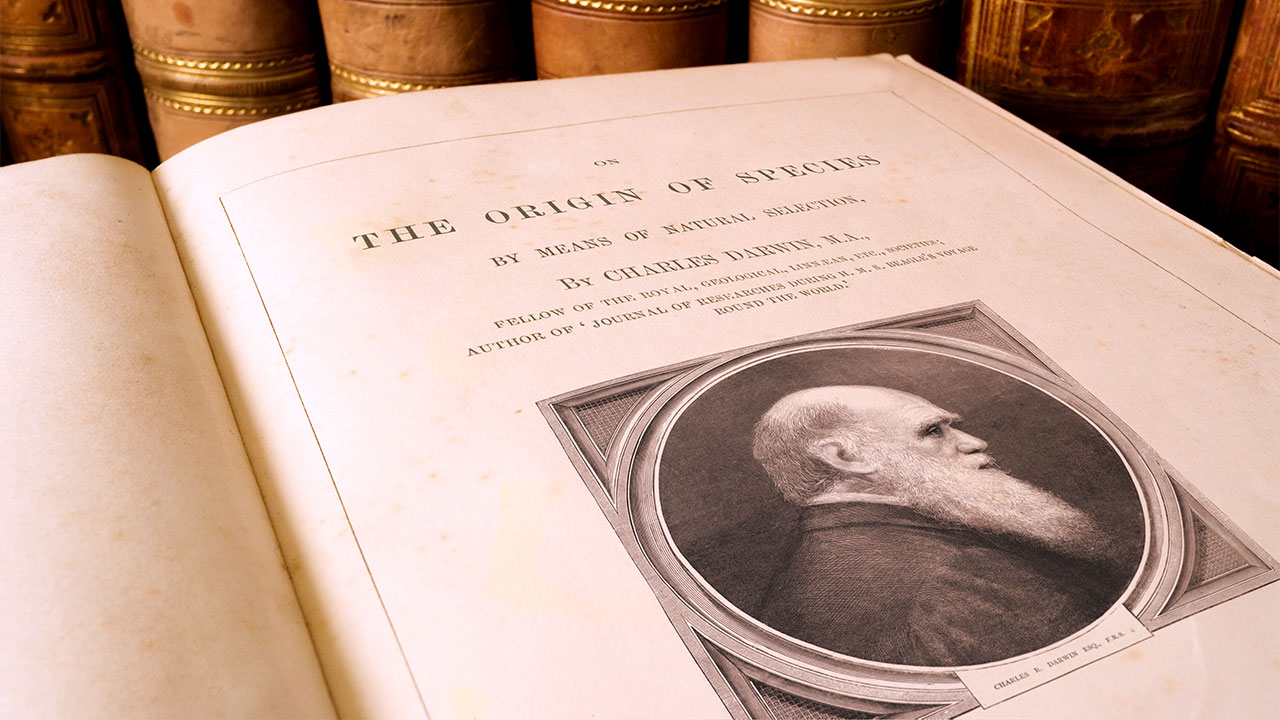
Since ethology is a branch of biology, ethologists are mainly interested in the evolution of behavior and how this can be explained in terms of natural selection. In some ways, Charles Darwin dated back to 1872 The expression of emotions in humans and animals He was the first modern ethologist to influence countless ethologists with his book The Expression of Emotions in Man and Animals. Scientifically unsubstantiated anecdote about interest in behavior cognition He went on to encourage George Romanes, who studied learning and intelligence in animals using an anthropomorphic method called
The growth of the field of ethology II. It is based on its development on the European continent in the years leading up to World War II, thanks to the efforts of Niko Tinbergen and Konrad Lorenz. After the war, Tinbergen moved to Oxford University and ethology gained prominence in the UK thanks to the work of Robert Hinde, William Thorpe and Patrick Bateson in the Animal Behavior Sub-Department of Cambridge University. At the same time, ethology began to develop in North America during this period.
British ethologist in 1972 John H Crookdistinguished comparative ethology from social ethology, arguing that all previous ethology was comparative ethology (the study of animals as individuals); the behavior of the social groups of animals in later years and the social structure below them. Since the publication of EO Wilson’s book Sociobiology: The New Synthesis in 1975, behavioral research has focused much more on social factors. It’s also the stronger but much more subtle feel of Wilson, Robert Trivers and WD Hamilton. Darwinism driven by the concept. In summary, ethology has been transformed as a result of the associated development of behavioral ecology.
Conclusion: Why is ethology important?
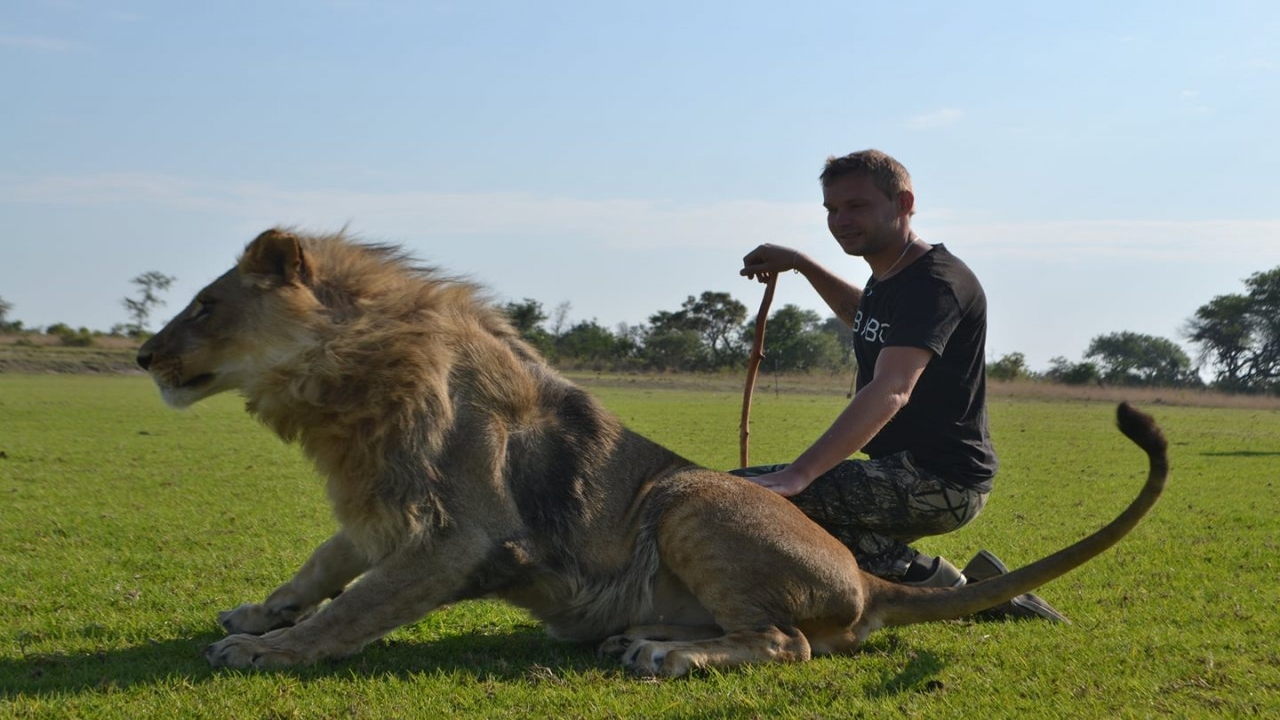
Anyone with a new puppy or kitten knows that training can be difficult. By understanding the natural behavior of animals of certain species and breeds, you can better understand how to encourage desirable behavior and deter unwanted behavior. Whether you are teaching your puppy to sit or potty training, animal behavior Basic knowledge will get you far.
Ethology for anyone trying to protect vulnerable species It’s a vital area. Understanding the natural behavior of an animal species also helps you understand how to keep them safe. For example, the California vulture almost completely extinct because hunters didn’t know enough about the scavenger habits, and vultures ate the carcasses of animals killed by poisoned lead bullets. Understanding wildlife behavior can help protect vulnerable animal populations, from honeybees to seagulls.
Imagine you are in the cottage. Have you ever seen a dangerous wild animal while you were walking peacefully? Do you know how to react to stay safe and keep the animal calm? A basic understanding of ethology can help you stay safe when encountering animals in any situation. Whether you see a bear, a rattlesnake or a venomous spider, ethology is always present. can save your life†







